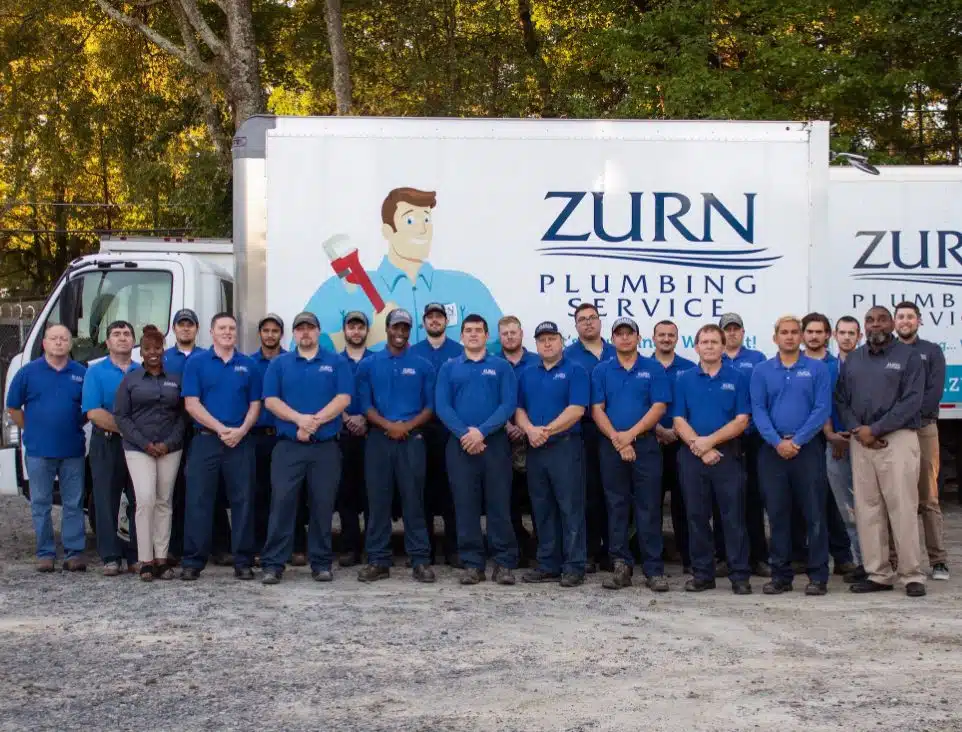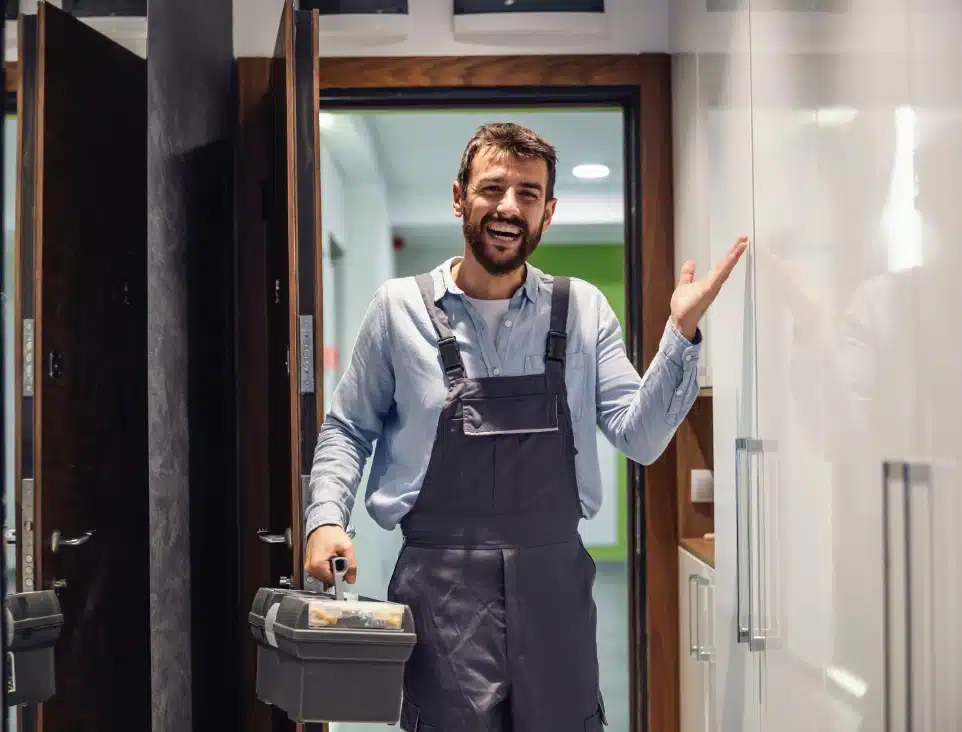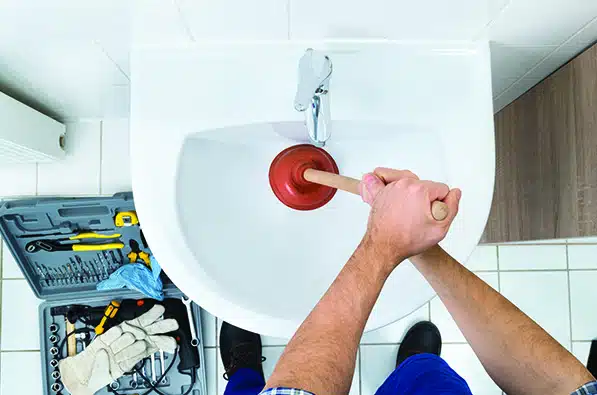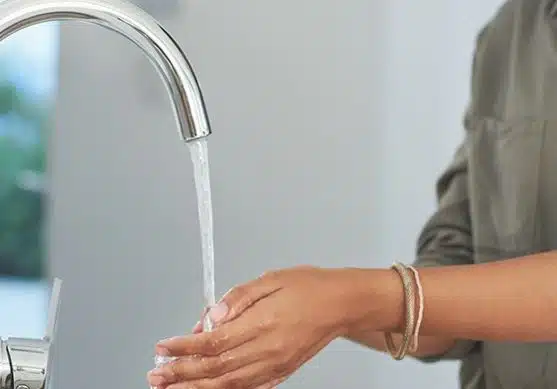As plumbers, one of the most common problems we see are clogs. Clogs can range from mild to severe, and always cause frustration and inconvenience to the people experiencing the clog. If not dealt with in a timely manner, these clogs ultimately become so problematic that they require replacement pieces and other much more expensive fixes.
The reality is that most of these clogs are entirely preventable. The first step to preventing clogs is knowing what causes the problem. Below, we list some of the most common types of clogs and explain what steps to take to prevent them.
Bathroom Drain Clogs
Given how often people shower, it’s no surprise that a drain may clog due to soap scum and debris that come along naturally with the showering and hand washing process. When it comes to keeping your bathroom drains free of blockage, the answer is to exercise prevention by keeping your drain clean. Waiting too long to clean it can cause build up so severe you may need to remove the drain elbow joint, which often requires assistance from a professional plumber. Instead, focus on cleaning your drain stopper on a regular basis, and try using a drain plunger at the first sign of a clog.
At Zurn, we suggest that all of our customers use Bio-Clean (see that blog here) as a natural and preventive drain cleaner that will work efficiently to keep your drains unclogged.
Toilet Clogs
Most serious toilet clogs occur as a result of people flushing things down the toilet that simply aren’t meant to go down the toilet. This may include items like diaper wipes, feminine hygiene products, dental floss and cotton swabs. All of these items are better suited for the wastebasket, as they each retain water as opposed to breaking apart during flushing.
If you do end up with a toilet clog, a plunger will typically help remove it. However, if the clog is too severe, then you may need to work with a hand auger, which may be expensive and can also be unsanitary if not handled correctly. In this case, it’s best to contact a plumber who is trained to exercise precaution in these scenarios.
Kitchen Drain Clogs
When we cook and clean, all types of things can end up flowing down the drain. Often, people do not realize that even small bits of grease, vegetables, eggshells and other food products can wreak havoc on your plumbing over time.
The best way to prevent kitchen clogs is to ensure you’re using an effective drain catcher. Also, never pour grease or oil down the drain, as these items in particular can cause severe backups. If you do experience a kitchen clog, you can address it much the same way as you would address a bathroom drain clog.
If clogged drains are giving you a headache this summer, Zurn is here to help! Contact via our online contact form to benefit from our years of experience servicing all types of plumbing needs throughout the region.







